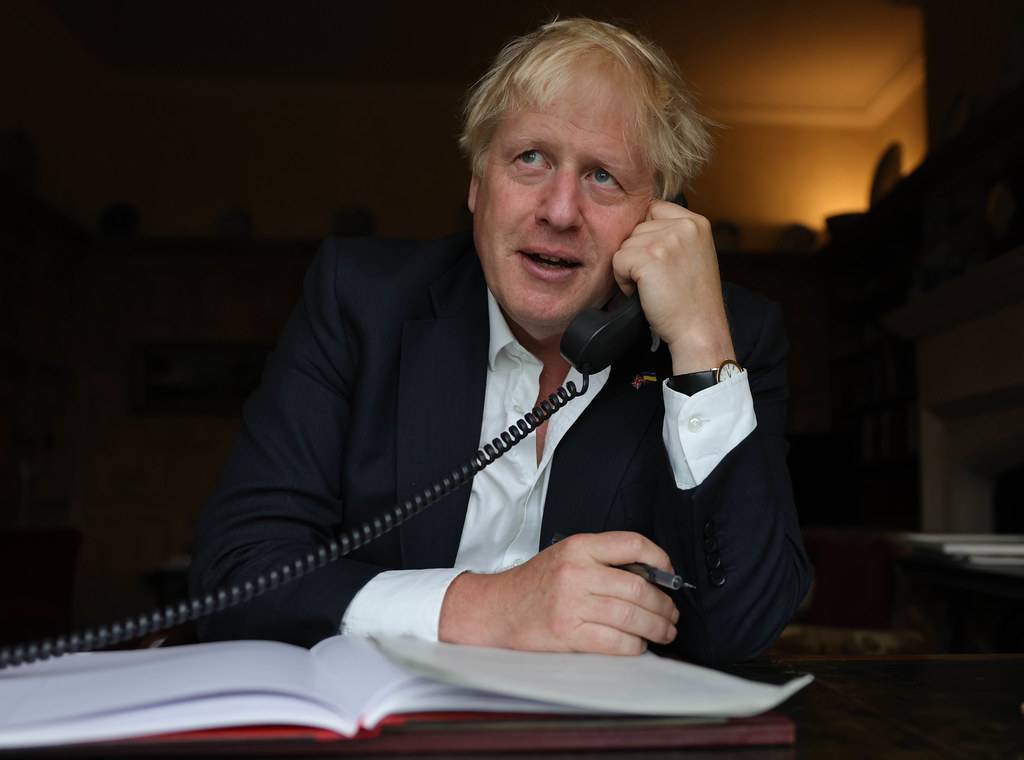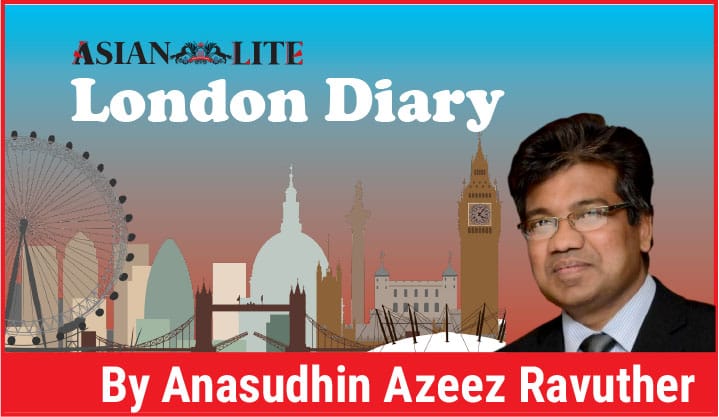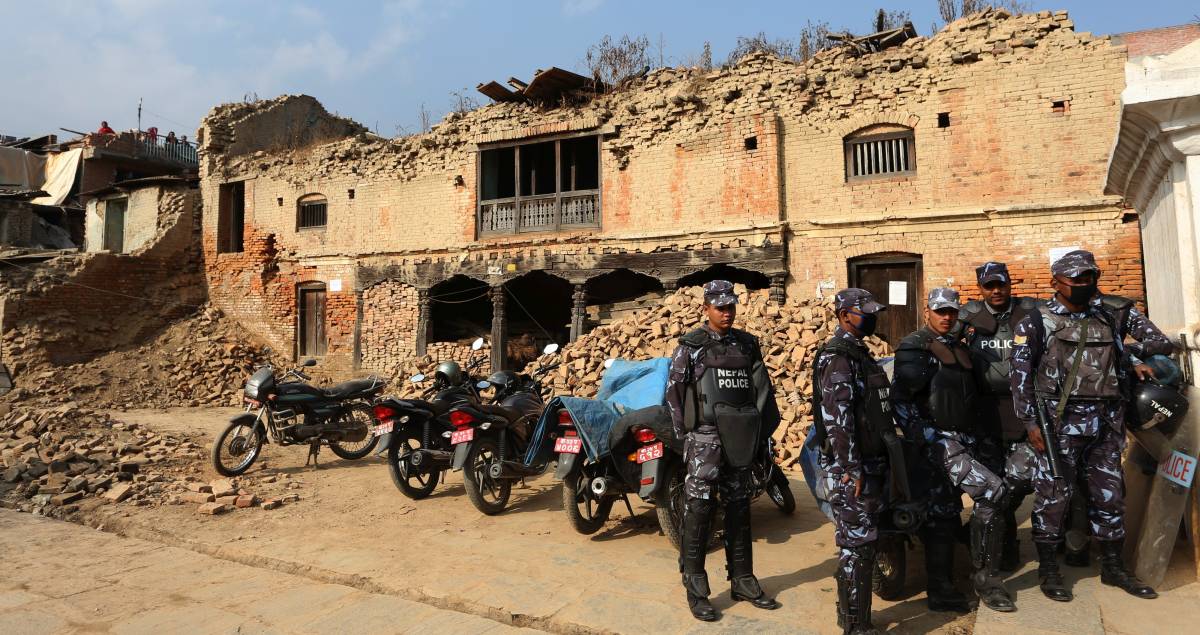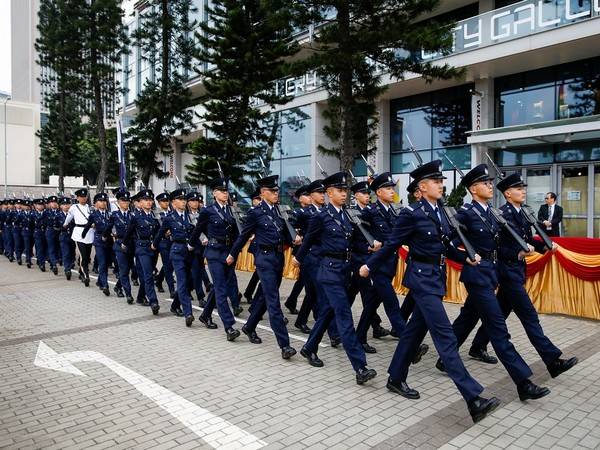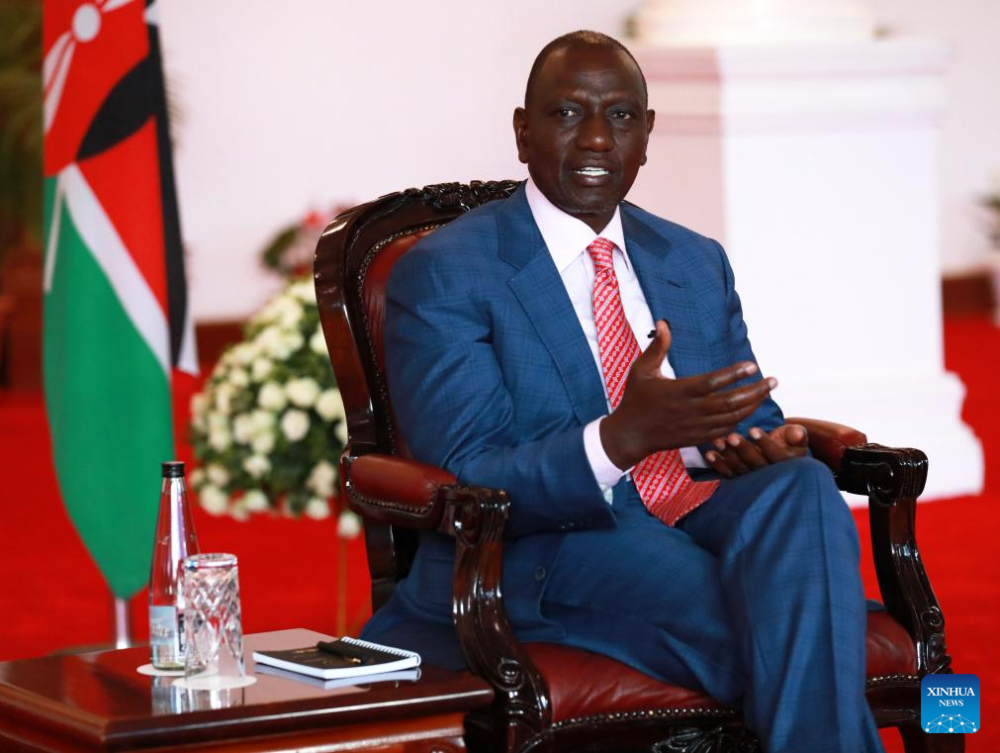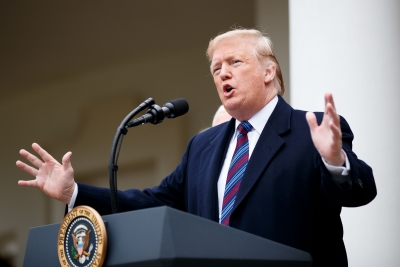A bench, headed by Justice A.M. Khanwilkar and comprising Justices Dinesh Maheshwari and C.T. Ravikumar, said violation of Prevention of Money Laundering Act was no less heinous than terrorism…reports Asian Lite News
The Supreme Court on Wednesday upheld the validity of stringent provisions of the Prevention of Money Laundering Act related to power exercised by the Enforcement Directorate on arrest, search and seizure of ill-gotten wealth, posing a threat to economic stability, as it observed that money laundering is no less heinous than terrorism.
A bench, headed by Justice A.M. Khanwilkar and comprising Justices Dinesh Maheshwari and C.T. Ravikumar, said: “The international bodies have been discussing the menace of money laundering on regular basis for quite some time; and strongly recommended enactment of stringent legislation for prevention of money-laundering and combating with the menace thereof including to prosecute the offenders and for attachment and confiscation of the proceeds of crime having direct impact on the financial systems and sovereignty and integrity of the countries.”
It added that money laundering is one of the heinous crimes, which not only affects the social and economic fabric of the nation, but also tends to promote other heinous offences, such as terrorism, offences related to NDPS Act, etc.
The top court affirmed the validity of Sections 5 (attachment of property), 8(4) (taking possession of attached property),3 (definition of money laundering), 17 (search and seizure), 18 (search of persons), 19 (powers of arrest), 24 (reverse burden of proof), 45 (offences being cognisable and non-bailable and twin conditions for grant of bail by court), 50 (statements made to ED officials), and 44 (offences triable by special court).
However, the top court left the question whether some of the amendments to the PMLA, 2002 could not have been enacted by the Parliament by way of a Finance Act, to be considered by a larger bench.
The bench said the offence under Section 3 of the 2002 Act is dependent on illegal gain of property, as a result of criminal activity relating to a scheduled offence and it is concerning the process or activity connected with such property, which constitutes the offence of money laundering.
“The authorities under the 2002 Act cannot prosecute any person on notional basis or on the assumption that a scheduled offence has been committed, unless it is so registered with the jurisdictional police and/or pending enquiry/trial including by way of criminal complaint before the competent forum,” it added.
It further added that if the person is finally discharged/acquitted of the scheduled offence against him is quashed by the court, there can be no offence of money laundering against him or any one claiming such property being the property linked to stated scheduled offence through him.
The top court said: “Section 3 of the 2002 Act has a wider reach and captures every process and activity, direct or indirect, in dealing with the proceeds of crime and is not limited to the happening of the final act of integration of tainted property in the formal economy. The explanation inserted to Section 3 by way of amendment does not expand the purport of Section 3 but is only clarificatory in nature.”
The bench also declared that supply of a copy of ECIR (Enforcement Case Information Report) in every case to the accused is not mandatory, if the ED, at the time of arrest, discloses the grounds of such an action.
The top court upheld the twin conditions for bail as mentioned in Section 45 of the Act. “It was argued that the twin conditions of bail contained in Section 45 of the 2002 Act would act grossly disproportionate and illogical qua a person who is not directly connected with the scheduled offence but merely an accessory after the fact. Even this argument needs to be stated to be rejected for the same reason.”
The bench said the Parliament was competent to amend the provision in 2018 even after the Nikesh Tarachand Shah case judgment passed by the apex court, held those conditions as unconstitutional.
The top court judgment came on over 200 writ petitions including former Maharashtra Home Minister Anil Deshmukh, Congress MP Karti Chidambaram and former J&K Chief Minister Mehbooba Mufti among others.
A battery of senior advocates — Kapil Sibal, Siddharth Luthra, A.M. Singhvi, Mukul Rohatgi, Amit Desai – represented various parties in the matter. The Central government was represented by Solicitor General Tushar Mehta.
ALSO READ-France to issue decrees to save energy


